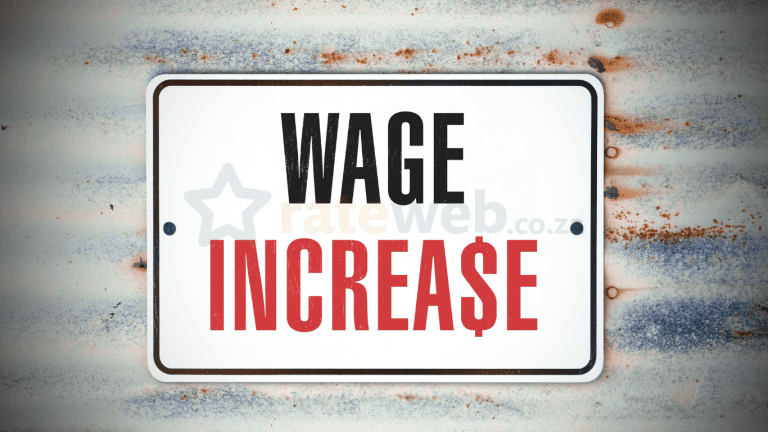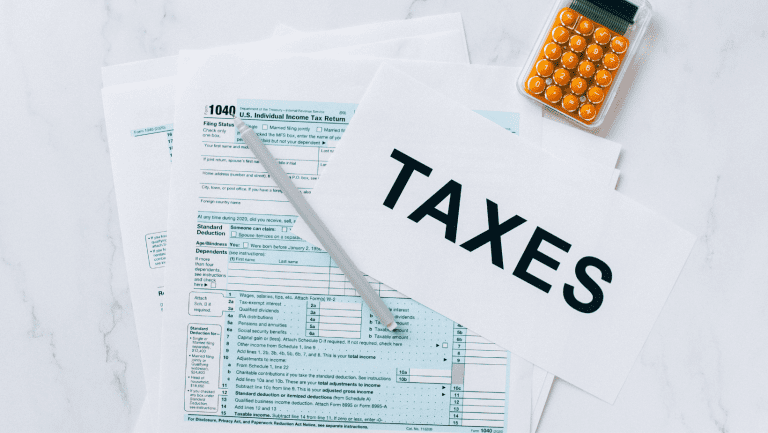As the South African real estate market experiences growth and increased stability in 2023, many investors are considering the benefits of including property in their portfolios. With diverse investment opportunities, ranging from residential properties to commercial spaces, South Africa offers a compelling real estate landscape. In this comprehensive guide, we outline 15 essential steps to investing in real estate in South Africa, alongside key stats and figures, making it an invaluable resource for anyone looking to enter the market.
- Research the South African real estate market
Before diving into any investment, it’s essential to research and understand the current market landscape. The South African real estate market is valued at over R7 trillion, with a growth rate of 4.5% in 2023. It is vital to familiarize yourself with the different property types, regional differences, and current market trends.
- Assess your financial position
Understanding your current financial position is essential before investing in real estate. Assess your income, expenses, savings, credit score, and any outstanding debts. The average property price in South Africa in 2023 is R1.2 million, so be sure to evaluate whether you can afford to invest in property.
- Set your investment goals
Determine your short- and long-term investment goals, such as rental income, property appreciation, or diversification of your investment portfolio. In 2023, the average rental yield in South Africa is 7.6%, while the average annual property appreciation rate is 4.5%.
- Choose a suitable property type
Select a property type that aligns with your investment goals, such as residential, commercial, industrial, or retail properties. Residential properties make up 60% of the market, while commercial properties account for 30%, and industrial and retail properties make up the remaining 10%.
- Select a location
Choose a location that offers strong growth potential and aligns with your investment goals. Cities such as Johannesburg, Cape Town, and Durban are popular choices due to their high rental demand and potential for property appreciation.
- Consider property management
Property management is essential for the success of your investment, particularly for rental properties. In South Africa, the average property management fee is 10% of the monthly rental income.
- Familiarize yourself with legal and tax requirements
Understand the legal and tax requirements associated with real estate investing in South Africa, including property transfer costs, Capital Gains Tax, and Value-Added Tax.
- Secure financing
Explore various financing options such as home loans, property investment loans, or leveraging existing property equity. In 2023, the average interest rate for property loans in South Africa is 7.5%.
- Assemble a professional team
Working with a team of professionals, including a real estate agent, attorney, and tax consultant, can help ensure a smooth investment process.
- Conduct property inspections
Thorough property inspections are crucial in identifying potential issues and assessing the property’s overall condition. This can help you make informed decisions and avoid costly surprises.
- Negotiate the purchase price
Leverage your research, inspections, and professional team to negotiate the best possible purchase price for the property.
- Complete the purchase process
Ensure all legal documents, such as the Offer to Purchase and Deed of Sale, are correctly drafted and signed. Transfer the required funds and register the property in your name.
- Implement property management strategies
Establish and implement property management strategies, including marketing, tenant screening, lease agreements, and routine maintenance.
- Monitor your investment performance
Regularly track and assess your investment’s performance, including rental income, property appreciation, and overall return on investment (ROI). In 2023, the average ROI for South African real estate investments is 12.1%.
- Reassess and adjust your investment strategy
As market conditions and your financial goals evolve, periodically reassess and adjust your real estate investment strategy. This may involve acquiring additional properties, diversifying your portfolio, or selling underperforming assets.
Conclusion:
Investing in South African real estate can be a lucrative venture, offering the potential for strong returns and portfolio diversification. By following these 15 steps and staying informed about key stats and figures, you can navigate the market with confidence and make well-informed decisions. As always, it’s essential to consult with professionals and conduct thorough research to ensure the success of your investments in this dynamic and promising market.
Don’t forget to share this comprehensive 2023 guide on investing in South African real estate with your network and fellow investors, as it provides valuable insights and actionable steps to help you get started on your journey to real estate success.









































